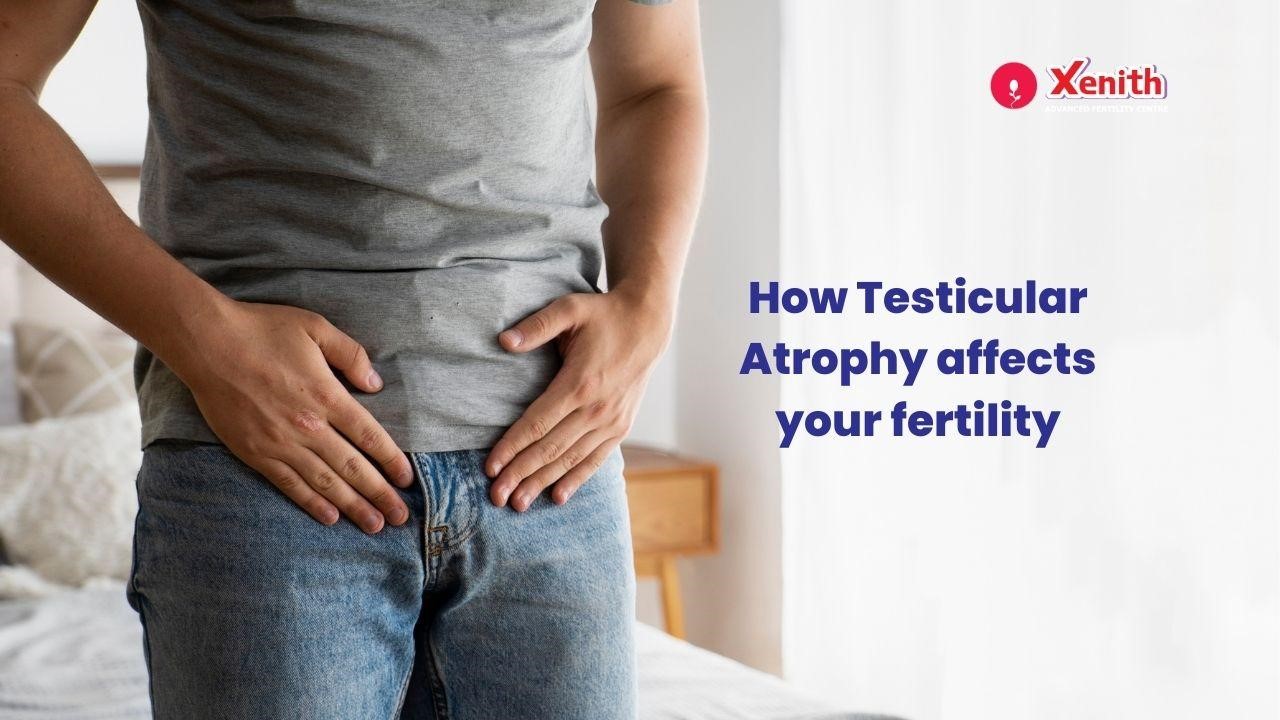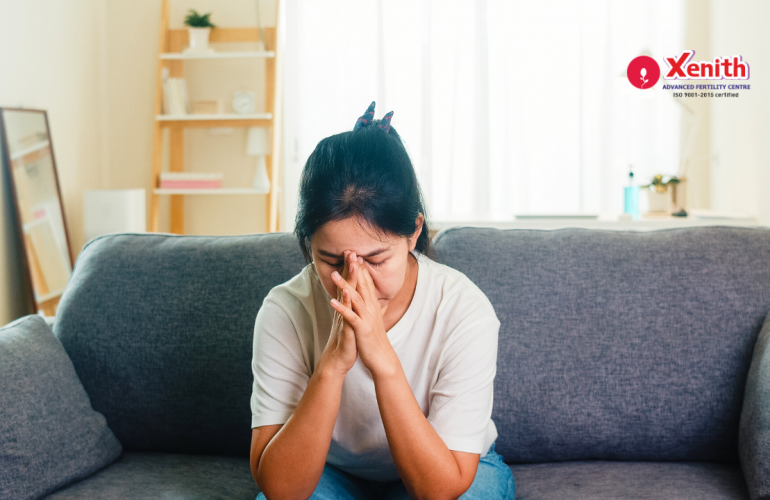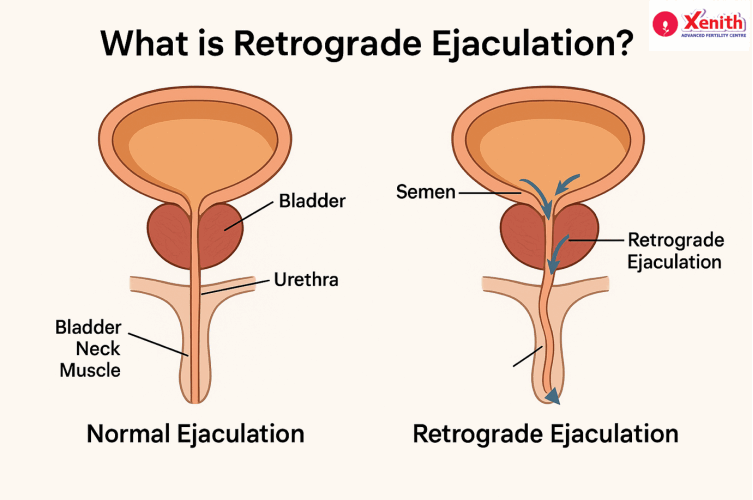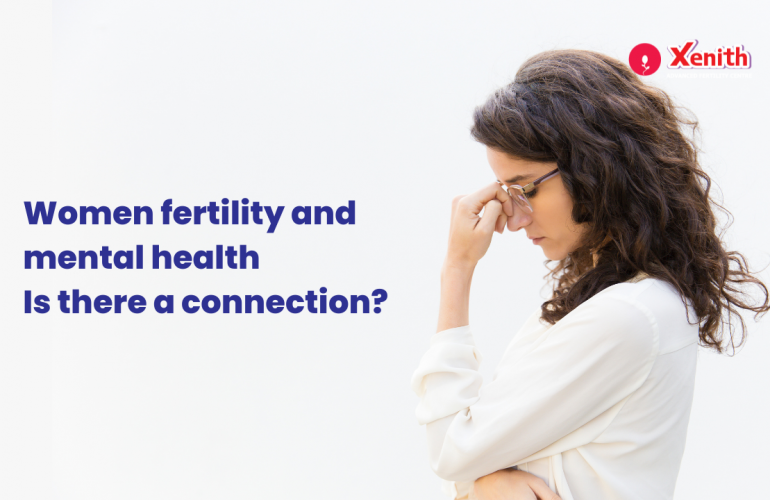Testicular atrophy occurs when the testicles have shrunk or reduced in size. Testicles are the 2 oval shaped reproductive organs enclosed within the scrotum located behind the penis. The scrotum itself can control the temperature around the testicles by shrinking during cold temperatures and getting bigger during warmer temperatures. However, the shrinking of the testicles themselves is called testicular atrophy. The testicles produce and store sperm and also produce a hormone called testosterone which is important for fertility, and they are also important for bone and muscle mass.
What causes testicular atrophy
The testicles mainly consist of two types of cells which are the germ cells responsible for sperm production and the Leydig cells responsible for production of the male hormone mainly testosterone. A reduction in either of these cells could cause testicular atrophy.
Testicular atrophy could occur due to many reasons some of which could include testicular torsion, orchitis, varicocele, injury, aging, hormone imbalances, chronic and excessive consumption of alcohol or exposure to certain chemicals. Testicular torsion occurs when a testicle spins and twists the spermatic cord which in turn, reduces the blood flow to the scrotum causing pain and eventually causing testicular atrophy if it’s not treated quickly. Viral orchitis due to the mumps or HIV virus or bacterial orchitis due to sexually transmitted infections like Chlamydia or Gonorrhea, or infections in the urinary tract could lead to inflammation of the testicles causing pain, swelling, nausea and fever eventually lead to testicular atrophy. A varicocele is like having varicose veins in the testicles, where the blood pools in the veins of the scrotum and this in turn could affect the sperm producing tubes in the testicles and lead to testicular atrophy. The testes could also shrink naturally due to aging as the body produces less testosterone or sperm. Hormone imbalances could occur due to taking steroids or some medications, or having certain diseases or infections. (1)
Some men who are on testosterone replacement therapy (TRT) for various reasons might also experience testicular atrophy.
Symptoms of testicular atrophy
Other than reduced testicle size, symptoms could include pain in the testicles, infertility, decreased sexual drive, less facial or pubic hair, low muscle mass and softer testicle. Testicular atrophy could affect sperm morphology and production in turn affecting fertility.
Diagnosis
The doctor will check your history of steroid use or certain medications you are taking as well as find out about your lifestyle and if you have any sexually transmitted diseases. The doctor will also do a physical exam to check for size, firmness and other conditions. An ultrasound exam of the testicles might be done to look for any abnormalities and how the blood is flowing. A blood test might also be done to see if there is any infection or hormonal imbalance. This condition could be reversed with proper treatment but sometimes it cannot be treated if it’s caught very late or if it’s very severe.
Treatment
The course of treatment for testicular atrophy could depend on the reason for the testicular atrophy. Hormonal therapy could be used to increase testosterone and sperm production. Medication could be used to treat an infection or a disease. Surgery might be needed for testicular torsion or for varicocele. Lifestyle changes like not consuming alcohol or steroids, changing medications, exercising, and eating healthier could also improve this condition. If infertility continues after treatment, assisted reproductive technologies like in vitro fertilization (IVF), intracytoplasmic sperm injection (ICSI) and other procedures could be used to improve chances of conceiving. The ICSI procedure involves a single sperm carefully injected into the center of an egg using a micro needle. With ICSI, only one sperm per egg is needed.
However, sometimes testicular atrophy might not be reversible. For instance, if testicular torsion isn’t treated immediately, it might not be reversed and so its better to treat it earlier. Dealing with testicular atrophy could also have an impact on you emotionally also when you are dealing with infertility, decreased sexual libido, less facial or pubic hair amongst other reasons. It might cause stress, anxiety, anger, depression and low self esteem. Low testosterone levels could also lead to depression, having trouble concentrating or affect your memory. Speak to your doctor on how to deal with these feelings if it’s affecting your life. You could also improve your lifestyle, cut out alcohol, get regular exercise, try meditation and eat healthy to improve your mood. It’s important to get it treated early in order to reverse testicular atrophy. So don’t delay if you feel you might be dealing with testicular atrophy and get it checked from your doctor right away. If you have any questions regarding testicular atrophy, come speak to our experts at Xenith Advanced Fertility Centre.




